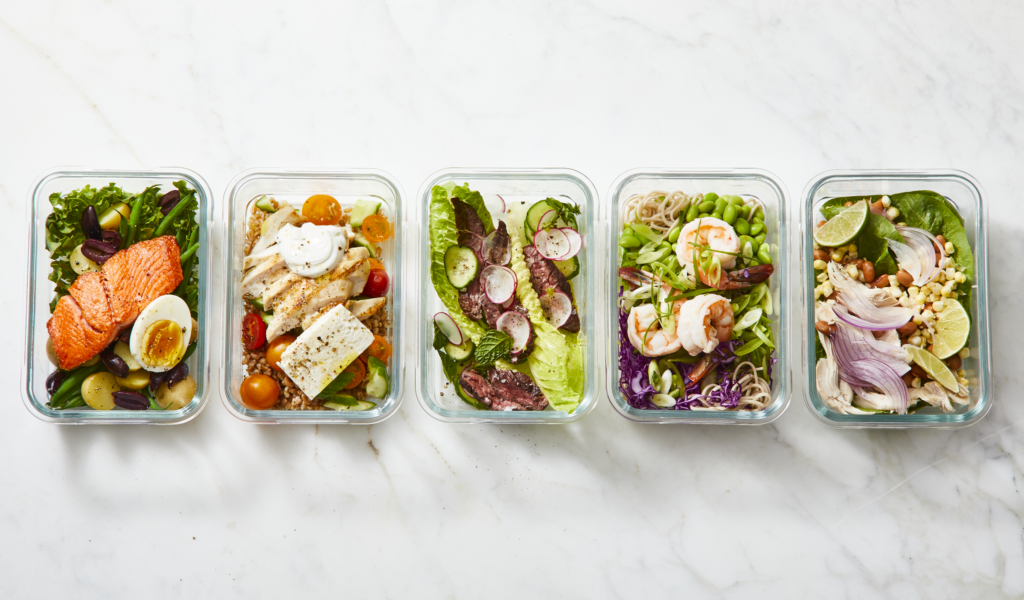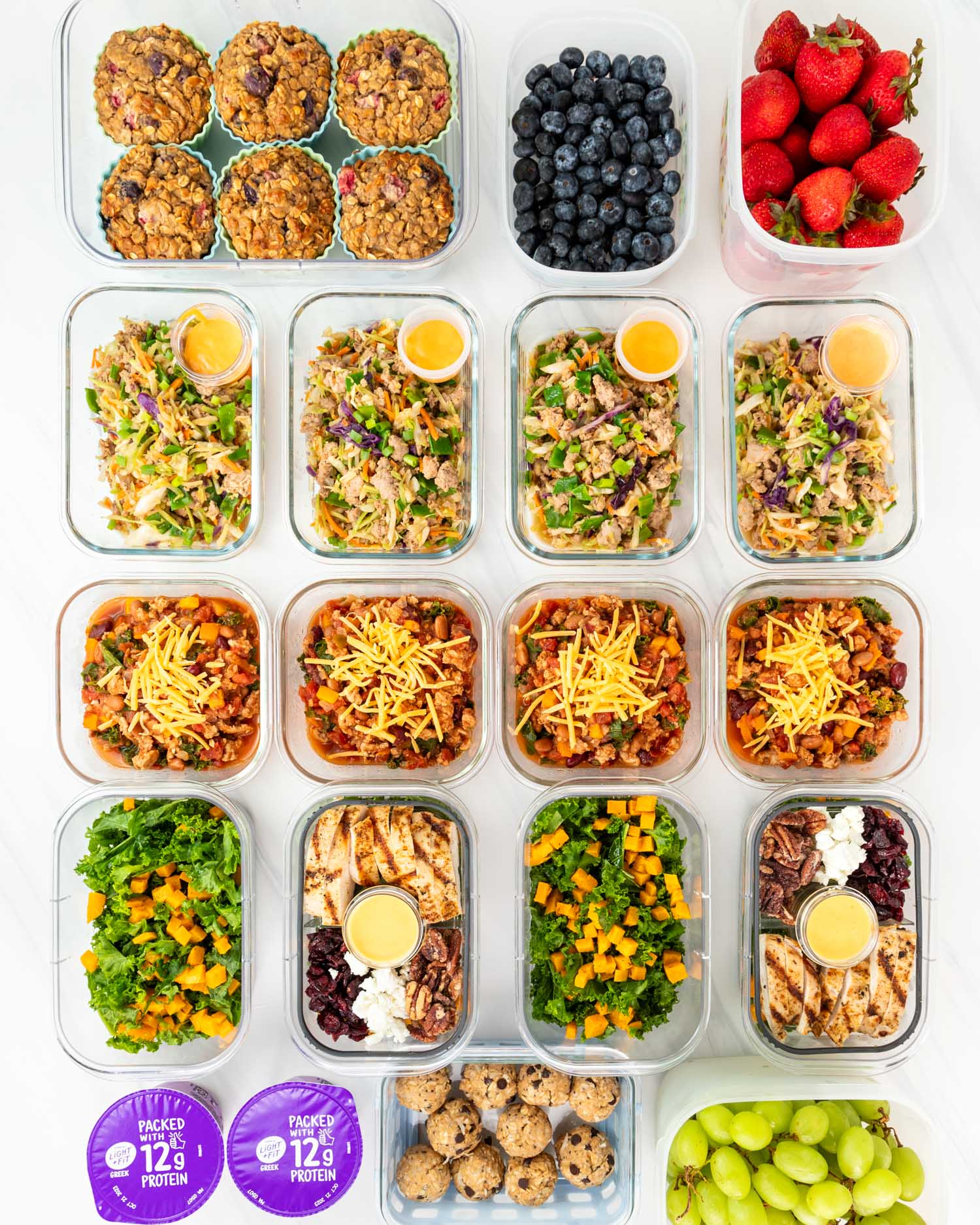 When I first decided to plan and prepare meals for the week, I wasn’t sure it would be worth the effort. Would it actually save time? Could I maintain the habit? Now, after months of consistent practice, I can confidently say the benefits have exceeded my expectations—and in ways I hadn’t imagined.
When I first decided to plan and prepare meals for the week, I wasn’t sure it would be worth the effort. Would it actually save time? Could I maintain the habit? Now, after months of consistent practice, I can confidently say the benefits have exceeded my expectations—and in ways I hadn’t imagined.
One of the most impactful changes has been reducing decision fatigue. Before meal prepping, I’d spend far too much mental energy each day deciding what to eat. Now, with meals prepared in advance, I’ve eliminated that stressor entirely.
Another pleasant surprise has been how much it’s improved my eating habits. Pre-portioned meals help me avoid overeating and stick to balanced, nutritious choices—even on the busiest days.
Meal Prep Made Simple: Steps to Build a Consistent Routine
Consistency is key when adopting any new habit, and meal prepping is no different. Here’s what helped me stick with it:
- Start Small: Initially, I only prepped a few meals each week. This approach kept the process manageable and allowed me to build confidence.
- Opt for Simple Recipes: I learned that basic dishes—like roasted vegetables with baked chicken—are often the most practical and versatile.
- Establish a Routine: Scheduling Sunday afternoons for meal prep made it a reliable part of my week. Having a dedicated time ensures I get it done without excuses.
Remember, perfection isn’t the goal. Some weeks I prep less or skip it altogether, and that’s perfectly fine.
Avoiding Common Meal Prep Pitfalls
I’ve made plenty of mistakes along the way, but they’ve taught me how to streamline my process. Here are the top pitfalls I’ve faced and how I’ve addressed them:
- Over-prepping: I used to prepare five unique meals each week, which quickly became overwhelming. Now, I stick to two or three core meals and rotate them.
- Ignoring Snacks: Initially, I focused only on meals and neglected snacks. Adding pre-portioned options like trail mix or boiled eggs has been a game-changer.
- Skipping Cleanup: Leaving the mess for “later” made meal prep feel like a chore. Cleaning as I go has made the process more enjoyable.
These small tweaks have significantly improved the efficiency and enjoyment of my meal prep routine.

